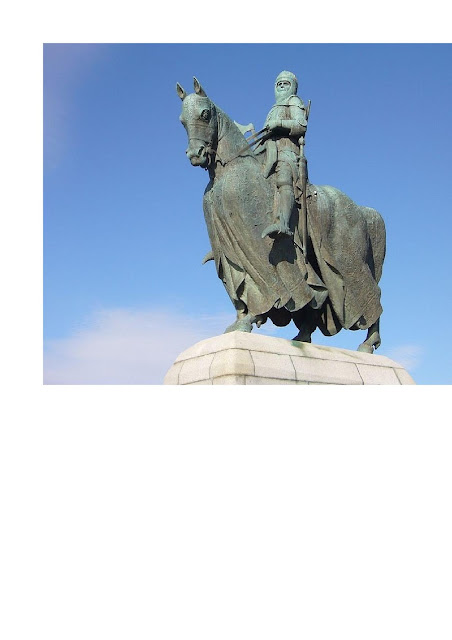''An
old wine salesman, who lived beneath us, made the most of the fact
that I had no dad. He made sure I had pocket money for the cinema,
gave me sweets and footballs, and protected me from the fists of the
sons of the workers. I went down to see him almost every evening, and
we played chess. Come up on my lap, said Uncle Hofmann, taking off
his sweaty shirt with its starched collar. Then he grabbed my willy
fast through my trousers, kissed me with his stubble, smelling of
hair cream, whispering filthy stuff in my ear, which I didn't
understand at first, bullied me into fishing his floppy,
old-man-member out of his flies, to work at it tediously, up and
down, up and down, til it swelled up to an impressive size, and
finally forced this badly perfumed cock between my teeth. I can still
hear him groaning in the corner by the stove, while his frothy sperm
flew into a hankie. Until his wife suddenly threw open the door and
gave him an angry look, to which he replied in a jittery voice, and
made the next chess-move.
Fear
and a guilty feeling. Disgust, right up to the point of throwing up,
but also an experience of sexual desire. After a time I started to
enjoy it. A friendship between men. A father at last. For a long time
my mother didn't notice anything. And even after the man had to move
out, we went on meeting secretly. I sat behind him on the motor-bike,
my arms round him, on our way to motor-way lay-byes and clearings in
the woods. We did it on the grass beside country roads, on waxed
leather sofas, and in an Opel Olympia. I began to masturbate.''
(This
is my own English translation of a passage from Michael Buselmeier's
novel Der Untergang von Heidelberg –
The Fall of Heidelberg, pub. 1981, by Suhrkamp. This excerpt from
p.147-148. I refer to the German law of Zitatrecht
for my right to quote in translation from this work, and acknowledge
Suhrkamp's complete rights to the work.)

